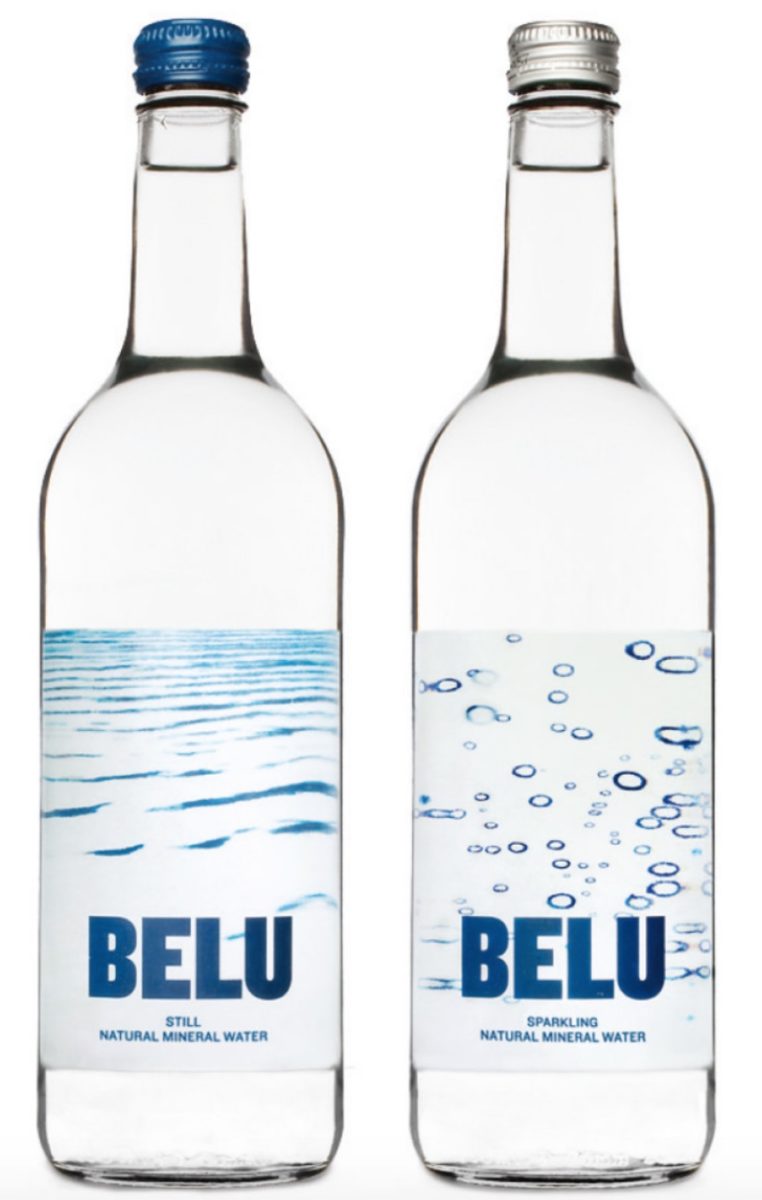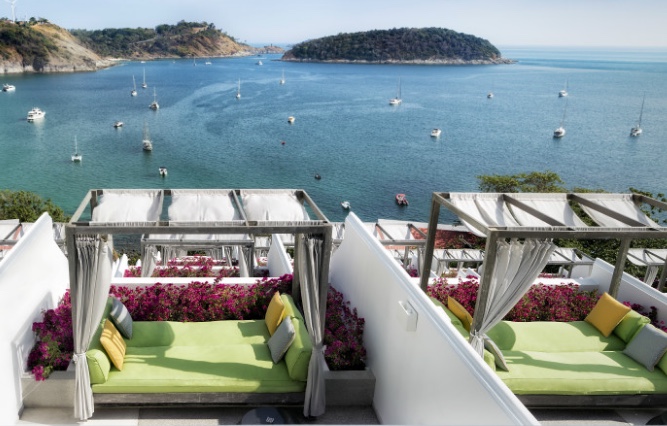Listen Up Hoteliers: How Being a Good Guy Today Means More Than Making Donations
Let's Sea, Hua Hin
By Juliet Kinsman, founder of Bouteco.co
Switched-on hoteliers are taking sustainability to the next level — here’s how they’re keeping tourism on track within their communities.
Being a good guy today involves more than giving money to charity. As Taleb Rifai, the former UNWTO Secretary General put it, “The private sector should move from the concept of charity to sharing their business, otherwise travel and tourism will never be sustainable, resilient and strong.” And it’s not just considerate of hotels to support local communities, it’s also canny. Switched-on hoteliers are mindful of respecting the rights of their neighbours, be it through job creation or taking proactive steps to recognise and preserve cultural heritage.
As Rifai emphasised at the recent Resilience Through Tourism Summit in Jordan, tourists need to be guests of the destination, not just of the resorts they stay in. “We can’t any more build five-star hotels in three-star communities,” he said, as reported in Travel Weekly. While I agree with the sentiment that the all-inclusive model is dangerous because it is designed for guests to eat, sleep and spend all their time and money in one resort, as long as luxury hospitality businesses contribute to and involve their local community, aren’t they an asset to all? What is key is that hotels are responsible when it comes to being socially and economically sustainable.
Hyperlocavores
Hotels that let us eat like locals will reach their community’s heart through guests’ stomachs. By serving hyperlocal ingredients and eschewing anything industrially farmed, with a reverence for ecologically-sound small producers on their doorstep, they’re on trend and contributing to the coffers of their neighbours. The really astute hoteliers are introducing the wider world to their suppliers too, either through a roll call on menus, or by promoting the independent makers and farmers that feed us on social media.

Buy social
A great way to connect with community is through social enterprises. By buying from purpose-before-profit companies and NGOs which have a positive social impact on a destination, hotels are spending their money with a business that is giving something back, reinvesting their profits to address issues from unemployment to ethical trade to climate change. Take a bow, Divine Chocolate, a fairtrade chocolate purveyor which supplies high quality sweet treats; Belu, a water filtration and bottled water solution that operates to the highest environmental and ethical standards and donates 100% of its profits to WaterAid; the award-winning Toast Ale, which makes beer from bakeries’ surplus bread; and The Goodwash Company which uses every penny of profit from the sale of its sweet-smelling, all-natural Welsh products to fund life-enhancing projects for animals and people.

Meet the neighbours
Nelson Mandela subscribed to the South African philosophy of Ubuntu, which translates as ‘humanity’ and represents a sense of belonging. At a time when many city-dwellers feel increasingly isolated in their everyday lives, a sense of community can cultivate a healing ambience. Hotel lobbies and lounges that welcome a cocktail of different characters are interesting to spend time in — The Hoxton is always a hero when it comes to this — from East London and Holborn to Amsterdam, Paris and now Williamsburg, Brooklyn. By effectively connecting humans and creating an uplifting space for people to make flesh-and-blood friendships outside of our digital lives, we’re nurturing a sense of Ubuntu.
Airbnb made us re-evaluate the neighbourhoods we want to stay in — but many of us still prefer the perks of a hotel, albeit in less-traditional neighbourhoods — we’re loving the likes of the Michelberger Hotel (Berlin), The Drake (Toronto), and the Mama Shelters (Paris, Lyon, Rio, Belgrade and beyond).

Employing local
Let’s Sea Hua Hin Al Fresco Resort in Thailand is one hotel dedicated to supporting its community through an entirely local team of employees. Good Hotel in London goes one step further with its E16 community by hiring long-term unemployed people and recruiting new trainees every three months, up to a total of 60 people a year. Another resort where the intimate connection to the resident population is palpable is Gennadi Grand Resort, Rhodes. This comes through in the passion of the born-and-bred Rhodes chefs, the independent farm workers who proudly provide organic produce, the gardeners and of course the Greek management team who have nurtured a culture in which everyone is treated like a member of family.
https://www.gennadigrandresort.com
Giving back
At The Nai Harn in Phuket, winner of the Gold Level Green Hotel Award, guests are invited to do their bit too, by donating unwanted items to the resort’s chosen charity, the Phuket Sunshine Village, a foster home for children in need.
In recognition of the United Nations International Day of Charity on Wednesday 5 September, Mövenpick Hotels & Resorts will revive its ‘Kilo of Kindness’ global charity campaign for the fourth year, inviting guests to donate at least one kilo of food, clothing or educational supplies to disadvantaged communities around the world. The group’s more than 30 hotels across Africa, Asia, Europe and the Middle East will be backing the campaign from 1-15 September; last year, a total of 8,500 kilos of supplies were donated and distributed.

